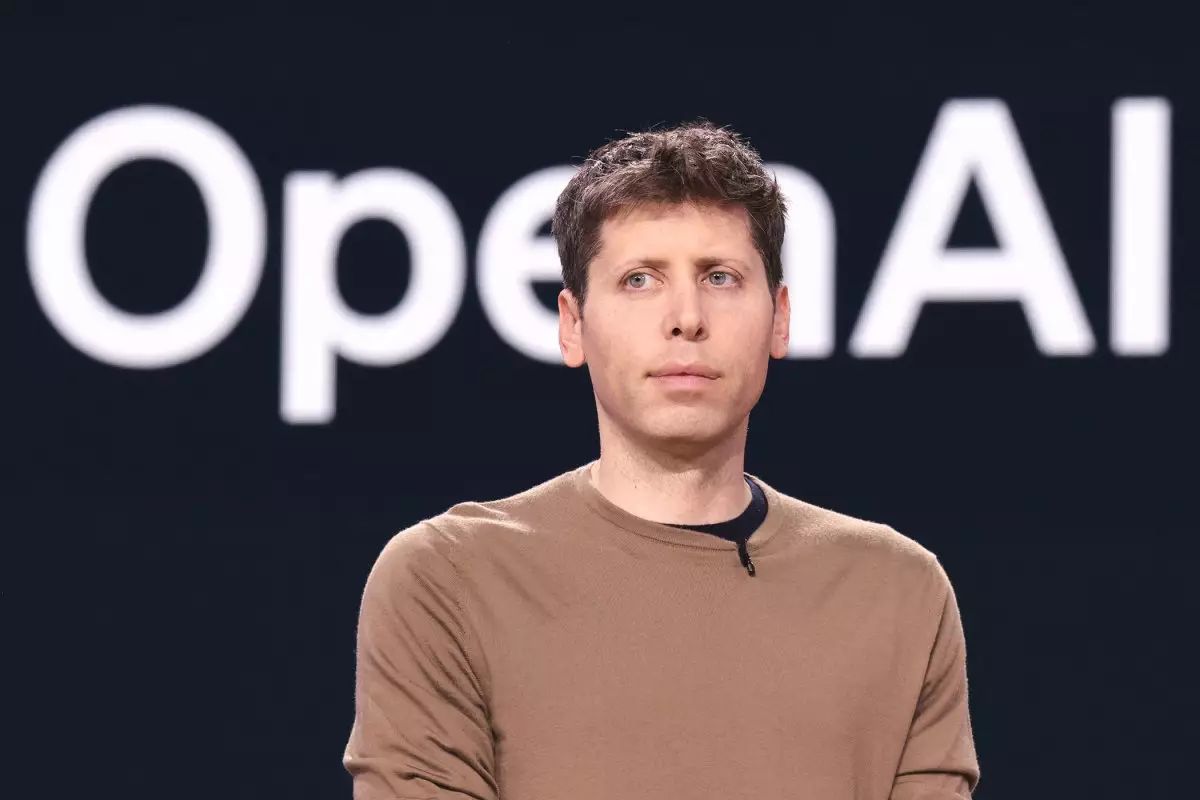In the rapidly evolving landscape of artificial intelligence, the integrity of benchmark development is of utmost importance. Recently, the nonprofit Epoch AI has come under scrutiny for its handling of financial backing from OpenAI in creating FrontierMath, a test aimed at assessing AI’s mathematical abilities. This incident raises significant questions about transparency, potential conflicts of interest, and the ethical responsibilities of organizations in the AI community.
Epoch AI, primarily funded by Open Philanthropy, revealed on December 20 that OpenAI played a crucial role in the establishment of FrontierMath. This revelation came just before OpenAI’s launch of its flagship AI, o3, which utilized FrontMath as one of its key benchmarks. The timing of this disclosure has led to accusations regarding the lack of transparency, with some contributors to FrontierMath expressing concern over the non-disclosure of OpenAI’s involvement.
The contractor known as “Meemi” on the forum LessWrong highlighted the issue by stating that contributors were not informed of OpenAI’s funding until it was publicly disclosed. This raises troubling concerns about communication within the organization and the obligation to maintain transparency with those contributing their expertise. Such oversight could have far-reaching implications for the perceived objectivity of FrontierMath, undermining its value as an authoritative measure of AI mathematical competency.
The lack of prior disclosure regarding OpenAI’s financial contribution stirred discussions in the online community concerning the reliability of FrontierMath as an objective benchmark. Critics argue that when an organization like OpenAI—an entity with substantial stakes in AI development—supports a benchmark, it inevitably casts doubt on the benchmark’s credibility. If stakeholders are not fully aware of potential biases in funding, the benchmark’s effectiveness in assessing true AI capabilities could be severely compromised.
On social media, several voices expressed that transparency should have been paramount in Epoch AI’s rapport with its contributors. The potential for conflicts of interest looms large when funding sources may impact how results are interpreted or presented, especially in high-stakes environments such as AI research. The very essence of benchmarking lies in its impartiality, and any hint of underhandedness can erode trust within the broader AI research community.
In response to the mounting criticism, Tamay Besiroglu, an associate director of Epoch AI, acknowledged the oversight regarding transparency. Besiroglu stated that while the organization was restricted by contractual obligations from disclosing the partnership until the announcement of o3, they recognized the need for better communication with contributors. This admission reflects an understanding that stakeholders deserve awareness about who has access to their work and how it could be leveraged.
Besiroglu highlighted a critical commitment from OpenAI: a verbal agreement not to use the FrontierMath dataset to train their AI. This commitment is an essential component of preserving the benchmark’s integrity while maintaining an unseen holdout set for independent verification. However, despite this safeguard, Epoch AI’s lead mathematician, Ellot Glazer, emphasized the ongoing challenge of independently verifying OpenAI’s performance results until further examinations are conducted. This situation exemplifies the complexities entailed in maintaining empirical benchmarks within the AI domain.
The FrontierMath scenario serves as a cautionary tale concerning the development of empirical benchmarks in AI, especially when financial collaborations are involved. It underscores the necessity for transparency to prevent misunderstandings and ensure the accountability of all parties involved. As AI continues to permeate various sectors, organizations must grapple with securing funding while simultaneously upholding ethical standards and avoiding conflicts of interest.
The incident compels the AI community to reflect on the protocols surrounding benchmark development and the importance of fostering an environment where transparency is prioritized. Effective communication with contributors not only reinforces trust but also advocates for responsible AI progression. As organizations like Epoch AI learn from this experience, establishing guidelines for ethical funding sources and transparent operations will be paramount in preserving the credibility of benchmarks that guide future AI systems.

